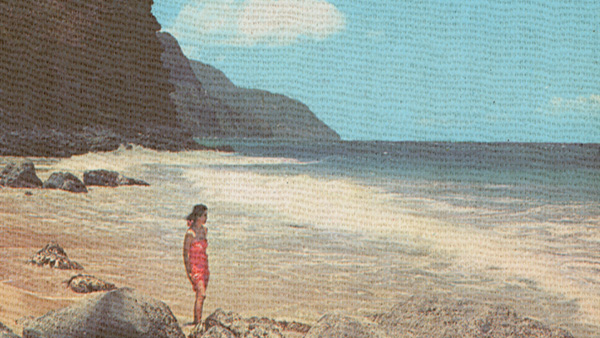 北海道で生まれ、14歳でひきこもりとなる。その後姉から提供された70~80年代のディスコのカセットを聴いて音楽に覚醒。母親からキーボード(Yamaha DX7)を与えられた後、ヴァイオリンやピアノ・キーボード、録音の技術を習得。そして自らの音楽の創作をはじめ、2002年から外の世界に出始めている(現在はアルゼンチンに移住したとの説もある)。
北海道で生まれ、14歳でひきこもりとなる。その後姉から提供された70~80年代のディスコのカセットを聴いて音楽に覚醒。母親からキーボード(Yamaha DX7)を与えられた後、ヴァイオリンやピアノ・キーボード、録音の技術を習得。そして自らの音楽の創作をはじめ、2002年から外の世界に出始めている(現在はアルゼンチンに移住したとの説もある)。
彼の音楽はGiorgio Moroder, Cerrone, ABBA, Andy Gibb, Paradise Frame, Zapp & Roger, Toto, Grandmaster Flash, Fatback, Kool & The Gang等と比較する声もあるが、不思議と現代のチルウェイヴやグローファイに共振する空気感がある。
“When Clive Tanaka finally found his voice, he ended a family tradition of silence that stretched back half a century.
For 11 years, Clive almost never left his roaom in his family’s home outside of Sapporo on Hokkaido, Japan’s huge northern island. “I was hikikomori,” Clive explains, one of almost a million boys and young men in Japan who shut themselves away and withdraw from society. In Clive’s case, he stopped going to school and retreated to his room after sustained episodes of vicious hazing and harassment by older students, a chronic problem in Japanese public schools.
But even before his own withdrawal when he was 14, Clive had first-hand experience of what silence and isolation was like. “My grandfather was a Soviet prisoner of war until 1949. He was a very young soldier in the [Japanese] army in Manchuria towards the end of the Pacific War [World War II] and was a POW many years longer than he was a soldier.” He married when he returned and seemed OK. But while watching the Tokyo Olympics in 1964, he saw the Soviet Union flag carried by Russian athletes, and something snapped. He did not speak another word for 20 years.
When Clive became hikikomori in 1991, he had no computer or Internet for amusement, only books and magazines that his parents would leave by his door, on a tray with his meals, and television. One day, his older sister put in front of his door a big box of her cast-off magnetic tape cassettes of 70’s and 80’s disco music. At night, Clive’s family heard him dancing and singing along. Which gave his mother an idea. One New Year’s Day, his mother left a Yamaha DX7 keyboard outside his room. As a young boy, Clive had learned to play the violin and recorder through the Suzuki method. Alone, he taught himself how to play the piano keyboard, using only the instruction manual. And Clive started writing his own music. He credits the music with helping him gradually emerge from isolation in 2002, although he remains painfully shy.
Some listeners describe Clive’s music as retro, reminiscent of Giorgio Moroder, Cerrone, ABBA, Andy Gibb, Paradise Frame, Zapp & Roger, Toto, Grandmaster Flash, Fatback, and Kool & The Gang. One reason may be because of the influence of his sister’s tape cassettes. “I played them over and over and over, and it started to bother my sister and my parents. Japanese houses have thin walls so even when I turned the volume down, it annoyed them. My sister slipped a note under the door that said, ‘I will buy you some current popular rock music if you will just please stop playing my old cassettes! I didn’t mind hearing those songs the first thousand times but I don’t like them anymore.’ The next day, there was a pair of headphones outside my door!”

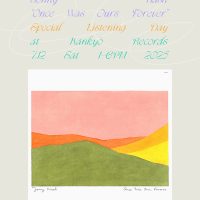
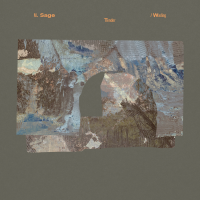

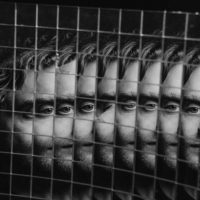

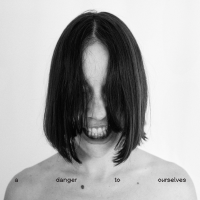
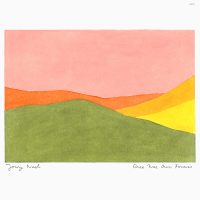
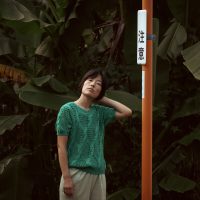

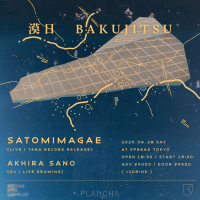
![YUMIKO MORIOKA & TAKASHI KOKUBO “Gaiaphilia” [ARTPL-236] YUMIKO MORIOKA & TAKASHI KOKUBO “Gaiaphilia” [ARTPL-236]](https://www.artuniongroup.co.jp/plancha/top/wp-content/uploads/2025/04/ARTPL-236-200x200.jpg)
![SALAMANDA “Sphere” (LP) [ARTPL-233] SALAMANDA “Sphere” (LP) [ARTPL-233]](https://www.artuniongroup.co.jp/plancha/top/wp-content/uploads/2025/04/ARTPL-233LP-200x200.jpg)
![SATOMIMAGAE “Taba” [ARTPL-234] SATOMIMAGAE “Taba” [ARTPL-234]](https://www.artuniongroup.co.jp/plancha/top/wp-content/uploads/2025/02/RVNGNL119_4000px-200x200.jpg)
![QUICKLY, QUICKLY “I Heard That Noise” [ARTPL-232] QUICKLY, QUICKLY “I Heard That Noise” [ARTPL-232]](https://www.artuniongroup.co.jp/plancha/top/wp-content/uploads/2025/03/ARTPL-232-200x200.jpg)
![MEITEI “Komachi” [ARTPL-231CD/LP] MEITEI “Komachi” [ARTPL-231CD/LP]](https://www.artuniongroup.co.jp/plancha/top/wp-content/uploads/2025/03/ARTPL-231front-200x200.jpg)